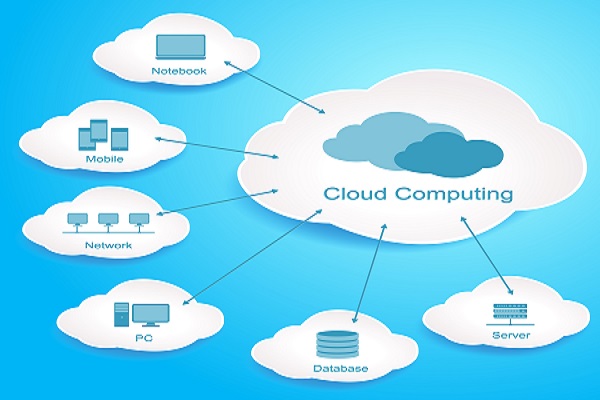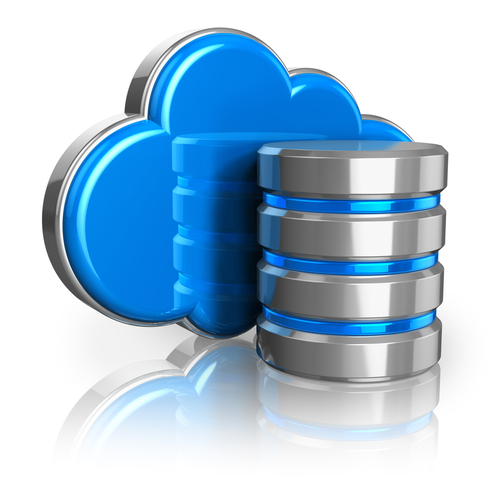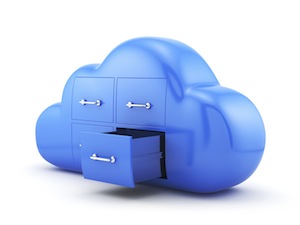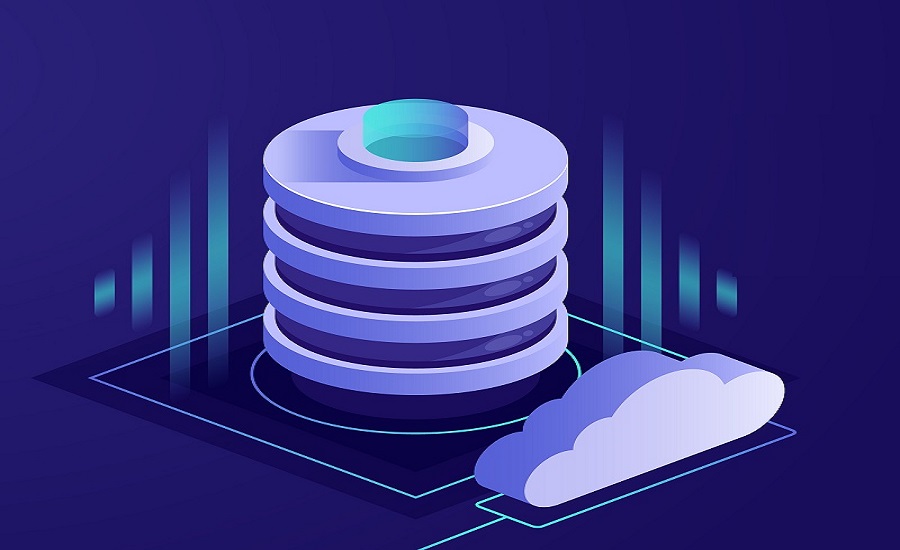What Is DBaaS? Cloud Databases Explained for Businesses & Developers
Cloud Computing Has Grown Exponentially In Recent Years. Many Companies And Organizations Are Using Cloud Services To Store And Access Their Data.
Cloud computing and all kinds of cloud services are prevalent today. Cloud technology is very compatible and adaptable, leading to the emergence of cloud databases. A DBaaS cloud database is also provided as a service.
 Cloud and database
Cloud and database
Database as a Service (DBaaS) is a cloud computing service model that provides users with access to a database without needing to configure physical hardware, install software, or configure performance. DBaaS is a managed service that provides access to a database for use in applications and related data.
Cloud databases have been set up using cloud processing hardware and software resources. The DBaaS cloud database service provides 24-hour access to data and has many advantages. This database is for a virtual environment; users can access it online.
DBaaS has a management feature that controls all the database basics through the API.
This API is used through a management console, usually a web application. The user may use it to manage, configure, and even create databases.
Cloud databases are initially used only to access and read data. According to users’ needs, these databases also improve, and after a while, the ability to write queries is added to them. These databases are widely used to store vast volumes of data. For data to be easy to access, it must be distributed in different places and accessible anywhere.
 The difference between a cloud database and other databases
The difference between a cloud database and other databases
The structure of a cloud database is different from that of regular databases because, in a cloud database, data is stored in data centers located in different places. The complexity of the cloud database structure makes it different from regular databases.
As mentioned, the Internet can be used to access database data. If you need to access this data via mobile, Internet services make this possible.
Refer to the article for database management system software or SQL Server.
Types of cloud databases
- Logical database
- Irrational database
- Virtual machine
The quality and type of service in each of these cases are different. You need to choose the best service based on your organization’s needs.
Service selection criteria
1- Database size: Each server type has a specific volume to store data. One of the most critical concerns when choosing a database is its size.
2- Portability: For various reasons, the service provider may no longer want to continue service. In these cases, your data may be lost forever. Therefore, it is recommended that you choose the server carefully. Choose the type where your data can be transferred because access to data is the priority.
 Selection criteria
Selection criteria
3- Checking transactions: Another critical issue is the capacity of the database to perform transactions. In companies that do financial transactions, all users want to know the success of their transactions.
4- Configuration: Many servers have their own configuration, making database management easy. However, in some cases, it is also possible for the administrator to manage the configurations. In such cases, there is the possibility of broader change and management.
5- Accessibility: Each type of database will have different access; one method uses a driver. The driver allows external connections to access data as standard. Another way is to use interfaces or protocols, some of which use newer API models.
6- Having a valid certificate is a great advantage for a service provider. FISMA certification is very valid for DBaaS servers.
7- Security The most important problem for data is the lack of security; You have to be very careful about where you store data and how you encrypt it
8- Support: You should look for service providers with a suitable way to support your data.
Advantages of Cloud Database
 Advantages of Cloud Database
Advantages of Cloud Database
- The ready service provides users with faster access, and database software does not need to be installed on the system.
- Using these services will reduce costs because there is no need to build infrastructure.
- It is possible to access data from anywhere.
Disadvantages of cloud database
- There is a charge for using the database.
- In data transfer, a fee must be paid, which will be very high in high traffic times.
- Another problem is data transfer because each server has a different and specific method.
You will be fully acquainted with the DBaaS cloud database in this article. Depending on the work needs, you can choose a type of cloud database.
FAQ
What is a DBaaS (Database as a Service)?
DBaaS is a cloud-based service model that provides users with access to a database without the need to set up physical hardware or manage database software.
What are the advantages of using DBaaS?
It offers scalability, automatic backups, high availability, reduced operational costs, and ease of maintenance.
How is DBaaS different from traditional database hosting?
Unlike traditional hosting, DBaaS providers handle maintenance, updates, and infrastructure management, allowing developers to focus on using the database rather than managing it.
